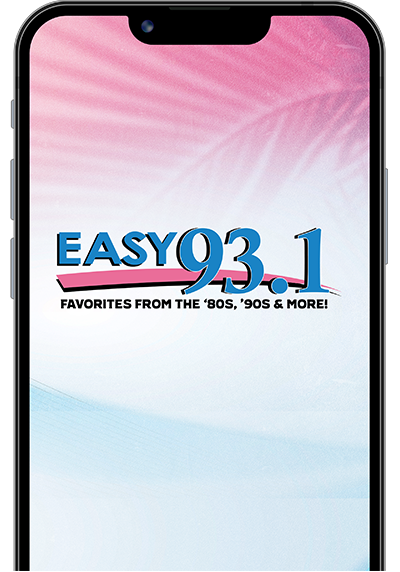What you should know about car insurance nonrenewal
For every licensed driver, maintaining a valid car insurance policy is a fundamental aspect of responsible vehicle ownership. Yet, a situation that can be confusing and frustrating is when your auto insurance provider decides not to renew your policy. CheapInsurance.com provides a look into the complexities of car insurance nonrenewal, clarifying the distinction between nonrenewal and cancellation, outlining common reasons for a nonrenewal decision, and offering actionable steps to take if you find yourself in this situation.
Understanding Car Insurance Nonrenewal
Car insurance nonrenewal occurs when an insurer opts not to extend an existing policy beyond its expiration date. This differs from cancellation, which terminates a policy mid-term. A nonrenewal notice is typically sent to the policyholder, giving them time to secure new coverage before the current policy ends.
Nonrenewal vs. Cancellation: A Critical Distinction
While both nonrenewal and cancellation can result in a loss of coverage from your current provider, their implications are significantly different.
- Nonrenewal: This happens at the end of a policy term. The insurer provides advance notice, allowing you to seek a new policy without a gap in coverage. A nonrenewal may not carry the same negative weight as a cancellation when you apply for a new policy, although the underlying reasons for it can still impact future rates.
- Cancellation: This is a more severe action, terminating a policy before its scheduled expiration date. Insurers are often restricted by state regulations on when they can cancel a policy, typically after the first 60 days of coverage. Cancellation can lead to higher premiums with future insurers and may even make it difficult to find coverage at all.
Common Reasons for Policy Nonrenewal
Insurance providers base their decision to nonrenew a policy on a risk assessment. Several factors can increase a driver’s risk profile, leading to a nonrenewal decision.
- Excessive At-Fault Claims: Frequent claims, particularly those involving at-fault accidents, signal a higher risk of future payouts, making a policyholder less attractive to an insurer.
- Multiple Moving Violations: A history of numerous traffic tickets for speeding, reckless driving, or other moving violations can be a red flag for insurers.
- Serious Driving Offenses: A conviction for a serious offense like a DUI (Driving Under the Influence) or DWI (Driving While Intoxicated) almost always results in nonrenewal due to the extreme risk associated with such behavior.
- High-Risk Household Drivers: If other licensed drivers in your household are considered high-risk due to their driving record, the insurer may choose to nonrenew your entire policy.
- Change of Residence: Moving to a new location where your current insurer doesn't operate or where the risk profile (e.g., higher population density, increased accident rates) is significantly different can be a reason for nonrenewal.
What to Do When Your Policy is Nonrenewed
Receiving a nonrenewal notice can be unsettling, but it’s important to act promptly and strategically.
- Understand the Reason: The first step is to contact your insurance company or broker to understand the specific reason for the nonrenewal. This information is crucial for your next steps and can help you address the issue if it's a misunderstanding.
- Dispute the Decision (If Applicable): If you believe the nonrenewal is unjustified, you have the right to dispute it. Gather all relevant documentation and evidence to support your case and contact the insurer's customer service or your state's insurance department.
- Shop for a New Policy Immediately: Regardless of whether you dispute the decision, start the process of finding a new policy right away. A lapse in coverage can lead to higher premiums in the future.
- Consider Nonstandard Insurance: If your nonrenewal was due to a high-risk factor like a DUI or multiple claims, you may need to look into nonstandard insurance. These policies are specifically designed for high-risk drivers and can provide essential coverage when other companies are unwilling to.
Avoiding Coverage Gaps
A lapse in car insurance coverage is a serious issue. It can result in fines, license suspension, and significantly higher premiums when you eventually seek a new policy. The time between receiving a nonrenewal notice and the policy expiration is your window to secure new coverage. Use this time wisely by comparing auto insurance rates from multiple providers and ensuring your new policy begins the day after your old one ends.
Auto insurance nonrenewal is a manageable challenge for licensed drivers. By understanding the distinction between nonrenewal and cancellation, recognizing the common reasons behind an insurer’s decision, and taking proactive steps to secure new coverage, you can navigate this situation effectively. Remember, knowledge is your most powerful tool in the world of car insurance, and being prepared ensures you maintain continuous, responsible coverage.
This story was produced by CheapInsurance.com and reviewed and distributed by Stacker.










